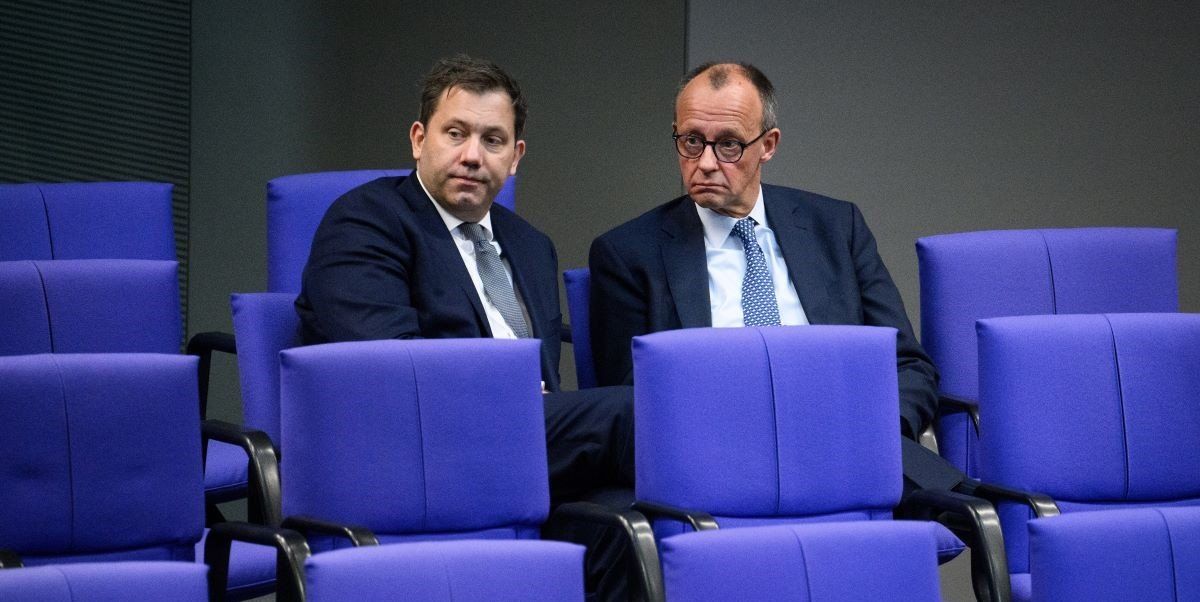Germany’s government is in a state of uncertainty as the outgoing government races to push through a huge, and highly controversial, new spending package before its term ends early this spring. The bill includes hundreds of billions of dollars for defense spending and would require Germany to reform its constitutionally mandated “debt brake,” which limits how much the government can borrow. Changing the constitution requires approval from two-thirds of the Bundestag and the approval of the Constitutional Court.
What is the debt brake? A measure that requires the federal and state governments to maintain balanced budgets, effectively prohibiting them from borrowing a penny more than they can repay.
This is a big deal historically in a country that has been committed to fiscal responsibility and pacifism since its out-of-control defense spending in the run-up to World War II. The package does not give an exact figure for funding but says “necessary defense spending” above 1% of GDP should be exempt from debt limits.
Intense negotiations are underway. The center-left Social Democratic Party and the center-right Christian Democratic Union/Christian Social Union — the likely pillars of the next government — are aligned in favor of scrapping the debt brake. This is due largely to the perceived need to boost military spending as the US sends worrying signs about its commitment to European defense.
But there is strong opposition from the AfD and the socialist far-left party, Die Linke, which argue that it is “deeply undemocratic” to pass such a sweeping fiscal measure before the new government — in which they will wield greater influence — is in place.
That means the narrow pathway to dumping the debt brake runs through the Green Party, which appears cautiously open to a deal but is pushing for stricter regulations on how the money will be used.
